Currently, saline intrusion (SIP) is starting to occur. Saltwater increases with high tides in the middle and at the end of each lunar month. Therefore, the agricultural sector and local authorities have proactively developed plans and measures to prevent and combat SIP and drought to protect production and people's lives.
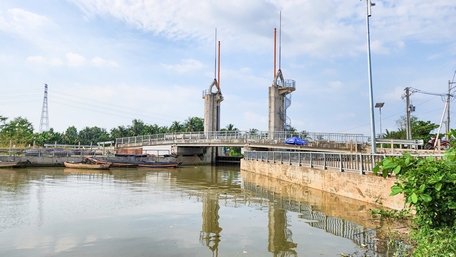 |
| Functional sectors need to flexibly and effectively operate irrigation works and domestic water supply works. |
Salt comes early and deep
According to the relevant authorities, currently, as the dry season is approaching, the water level in many reservoirs in the Central and Central Highlands regions is lower than the normal water level. Accordingly, in the first months of 2025, the Mekong Delta is likely to experience local water shortages, with deep water intrusion into river mouths, affecting people's lives and production and business activities.
The National Center for Hydro-Meteorological Forecasting informs: In the next 6 months, the total flow of the Mekong River to the Mekong Delta is forecast to be 5-15% lower than the average of many years. The water level at the headwaters of the Mekong River will gradually decrease, lower than the average of many years by 0.1-0.2m. Therefore, the 2024-2025 dry season is expected to be higher than the annual average, but not as severe as the 2015-2016 and 2019-2020 dry seasons.
Mr. Le Tu Do - Deputy General Director of Southern Irrigation Exploitation Company Limited said: According to the long-term hydrological forecast and warning bulletin of Vinh Long province, in January 2025, there will be 2 salinity intrusions into the rivers, corresponding to the tidal periods including the first period from January 9-16 and the second period from January 24-31; the peak salinity of the month is forecasted to be about 5.5 g/l appearing in the tidal period at the end of January.
Director of the Provincial Hydrometeorological Station - Truong Hoang Giang said that the shortage of water resources in the upstream is one of the reasons that could lead to higher and deeper floods in the province in 2025 compared to 2024. The current floods come earlier and are higher than the same period last year. If there is no timely water regulation from reservoirs in the upper Mekong River, the response to floods will be extremely complicated and unpredictable, with the trend of floods coming earlier and ending later. Floods will affect the daily life, production and economy of localities in the province.
Accordingly, in recent days, salinity has appeared on the Co Chien River at Nang Am sluice. In Thanh Binh commune (Vung Liem district), Mr. Ho Van Tron - Vice Chairman of the Commune People's Committee said: In the last days of December 2024, salinity has appeared, the highest salinity measured at Binh Thuy estuary is 3.5‰, Thanh Luong estuary is 2‰, Thai Binh estuary is 1.7‰. As soon as the salinity exceeded the allowable threshold, the commune requested households to close all sluices on their land to prevent salinity and store fresh water, serving production and daily life. At the same time, it is recommended that people should not pump water directly from the river or canal to irrigate crops; before irrigating, it is necessary to check the water source for salinity. Regularly monitor the salinity situation to have a suitable production plan.
Proactive response solutions
To proactively prevent and combat drought, water shortages, and XNM, the Chairman of the Provincial People's Committee has issued a document requesting relevant provincial departments, branches, and sectors and People's Committees of districts, towns, and cities to proactively direct and deploy proactive solutions to prevent and combat water shortages for daily life and prevent production from being affected during the peak months of the dry season of 2024-2025.
In particular, the Department of Agriculture and Rural Development is required to closely monitor developments and have specialized forecasts on water resources, water quality and risks of water shortages and XNM to provide information to localities and people.
At the same time, proactively direct the implementation of work to prevent, combat and overcome the consequences of drought, water shortage and salinity in accordance with the actual developments at each time and each region; direct and guide localities to organize production to limit the impact on agricultural production, especially during peak periods when drought and salinity often occur. In addition, coordinate with relevant agencies to flexibly and effectively operate irrigation works and domestic water supply works to exploit, use effectively and optimize water resources, while ensuring water for daily life and agricultural production, especially during peak periods of hot weather.
Accordingly, the Southern Irrigation Exploitation Company Limited has also developed a plan to operate the Vung Liem sluice in January 2025 to prevent salinity and store fresh water. Mr. Le Tu Do said: In January 2025, when the salinity at the river mouth
In case the salinity at the river mouth is > 1‰, close the sluice to control salinity and store fresh water; during the time of closing the sluice to prevent salinity, depending on the actual situation, the project will flexibly operate for a few hours (when the tide recedes) to solve waterway traffic and environmental drainage (based on consensus from the two localities of Vung Liem and Cang Long). In case of drought, water shortage, and salinity; the company will propose to the units of the two provinces of Vinh Long and Tra Vinh a specific operating plan (suitable for the production situation, hydrometeorological developments and with the consensus of the two localities of Vung Liem and Cang Long). In case of water pollution in the production area (field side), the company will coordinate with relevant agencies to determine the cause and source of water pollution and flexibly operate the Vung Liem sluice to drain pollution when conditions permit.
“Based on the hydrometeorological situation and production progress in the project area, the company will adjust the operation plan and notify the management agencies, exploitation organizations and localities in the project area. In addition to operating the sluice to control the water source as mentioned, the company will also carry out maintenance operations of the project according to regulations. During the implementation process, the company will closely coordinate with management units, exploitation units and localities in the beneficiary area to operate the projects in the system to ensure safety and control the water source according to the approved operation process,” Mr. Do noted.
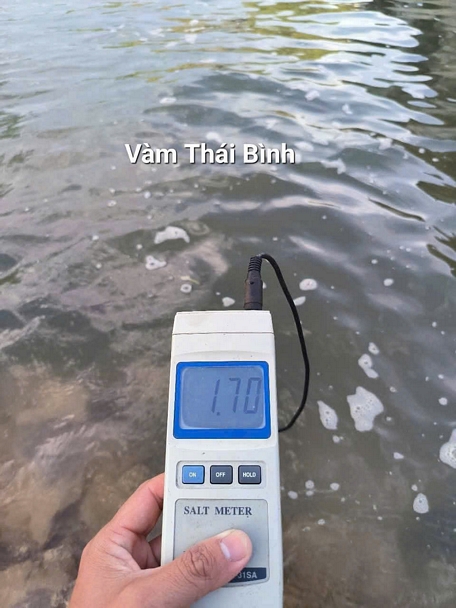 |
| People need to regularly monitor the developments of saltwater intrusion to have appropriate production plans. |
In the face of the ongoing salinity situation, the Department of Crop Production and Plant Protection (Department of Agriculture and Rural Development) also recommends: Saltwater increases with high tides in the middle and end of each month (lunar calendar). Salinity measurement on December 28, 2024 at Nang Am estuary 4.5‰, Vung Liem estuary 3.4‰, Mang Thit estuary 2.6‰, Vung Liem market 0.2‰.
Therefore, localities should not be subjective, must regularly check salinity, proactively close sluice gates when salinity exceeds 1‰, increase water intake capacity as soon as possible, and ensure water storage for production.
Specifically: For rice that is susceptible to damage at the seedling and flowering stages, if the salinity is above 1‰, do not let water into the field; when using water to mix with spraying chemicals, use non-saline water (less than 0.8‰). For ornamental vegetables and flowers, be more careful and have a plan to store fresh water for irrigation. For fruit trees, durian and rambutan are the most sensitive to salinity, so it is necessary to closely monitor and have a plan to store fresh water in garden ditches for irrigation during salinity intrusion. Other fruit trees should also be careful not to use saline water to mix with spraying chemicals or to water multiple times during salinity intrusion.
Article and photos: NGUYEN KHANG
Source: https://baovinhlong.vn/tin-nong/202501/chu-dong-cac-giai-phap-ung-pho-han-man-05d1bf1/


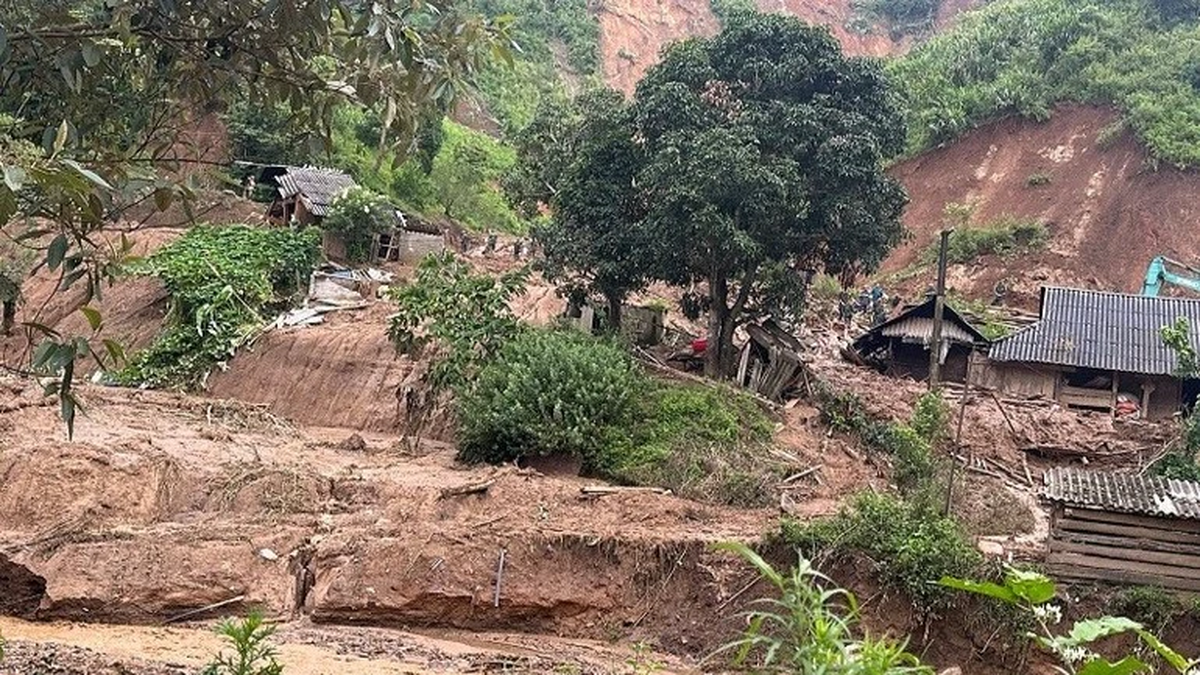

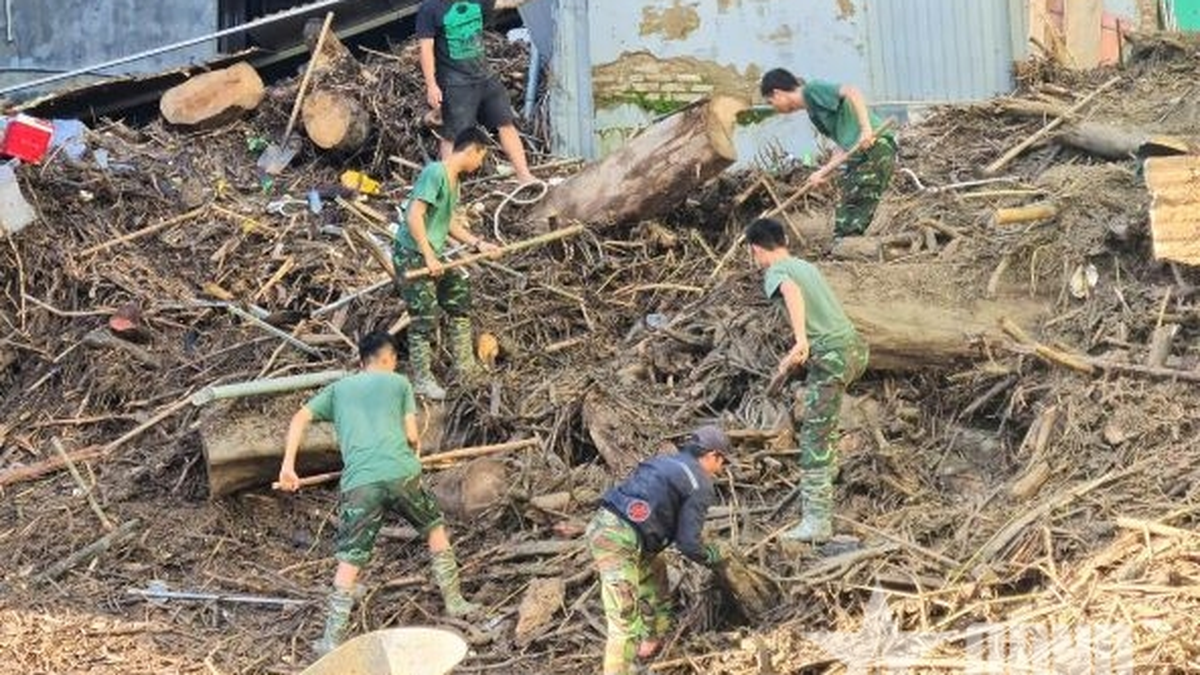

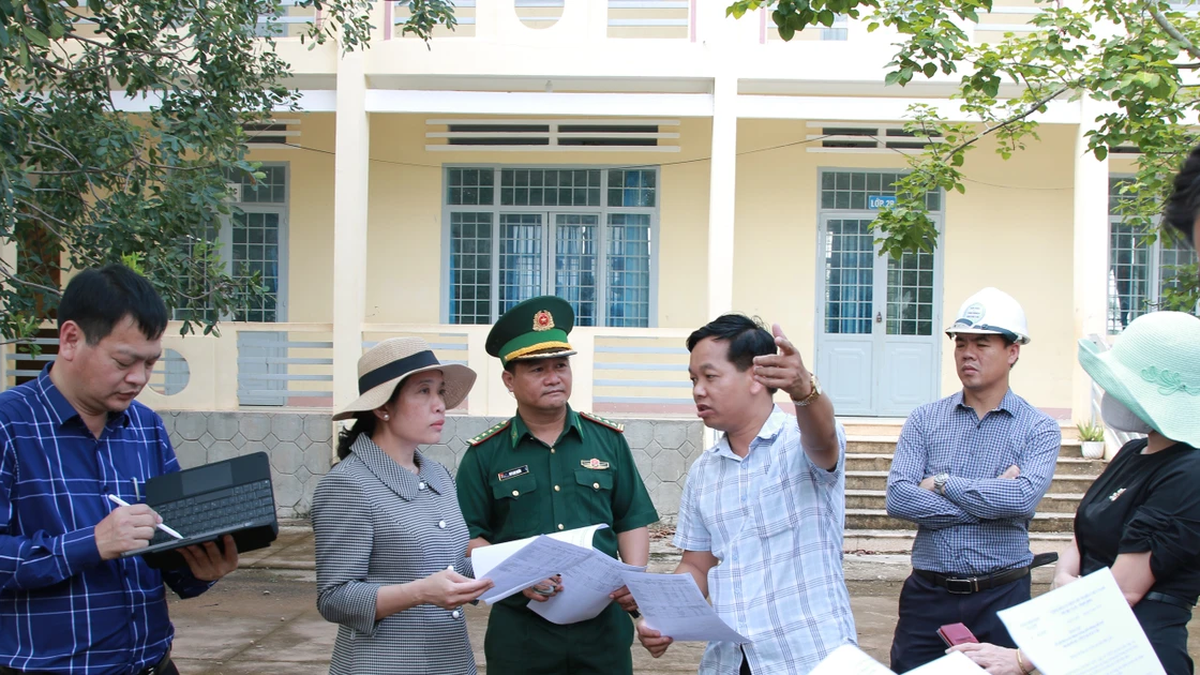
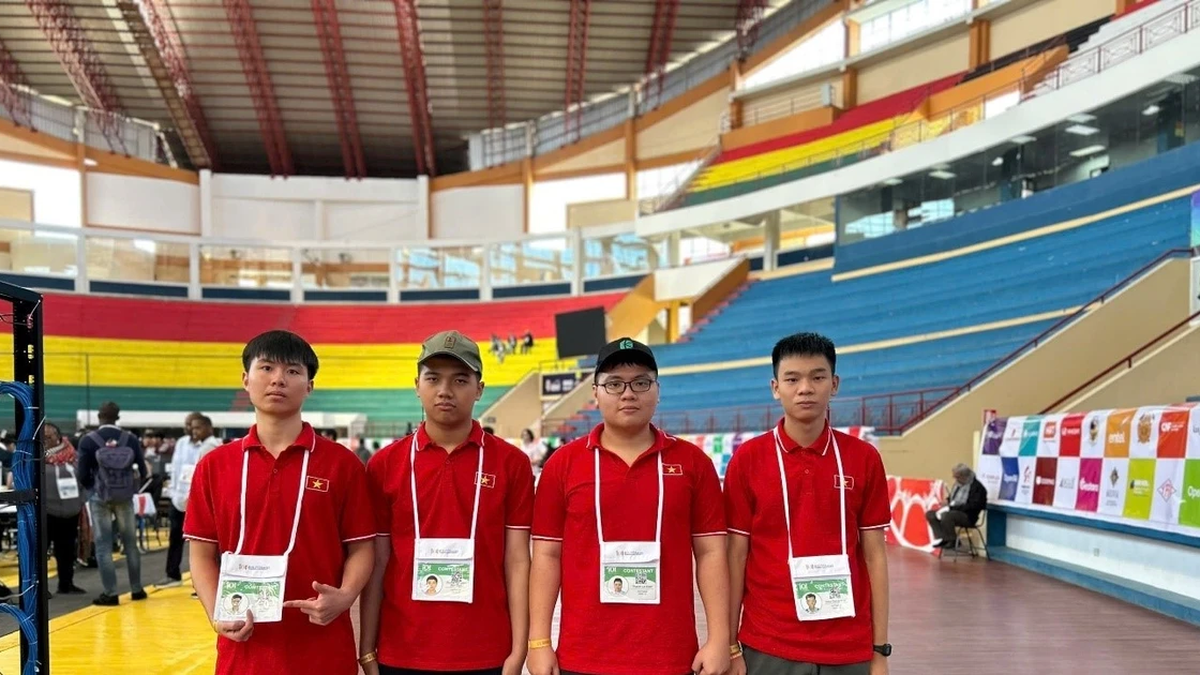


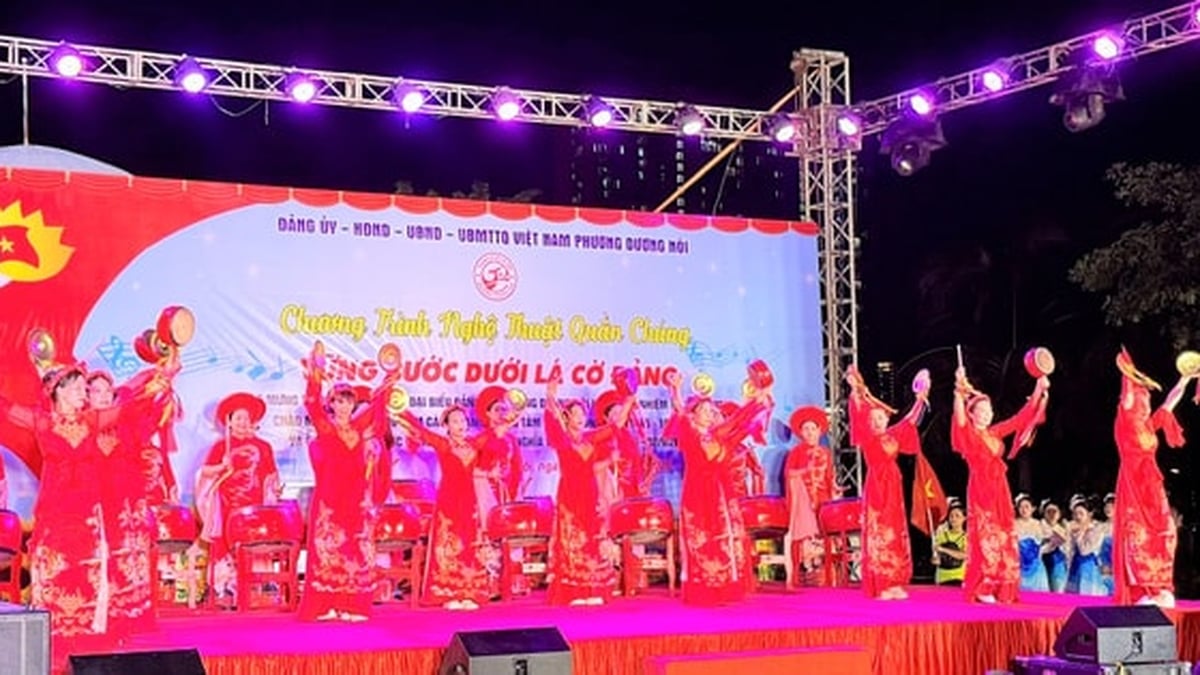
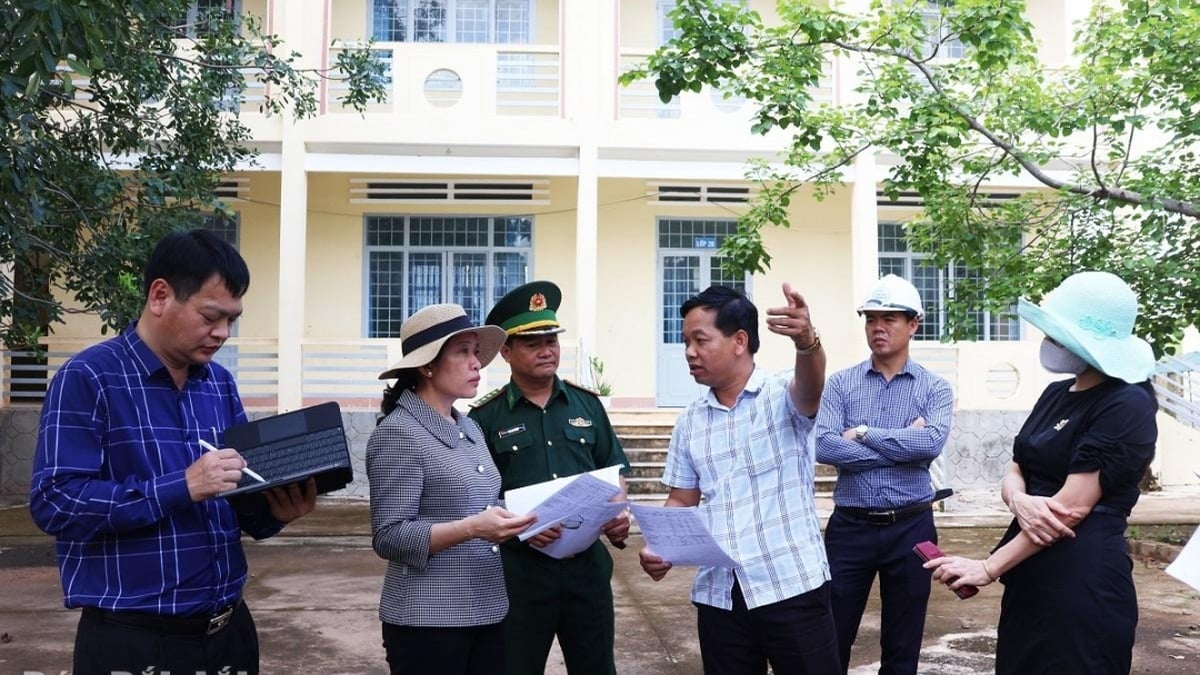






















































































Comment (0)